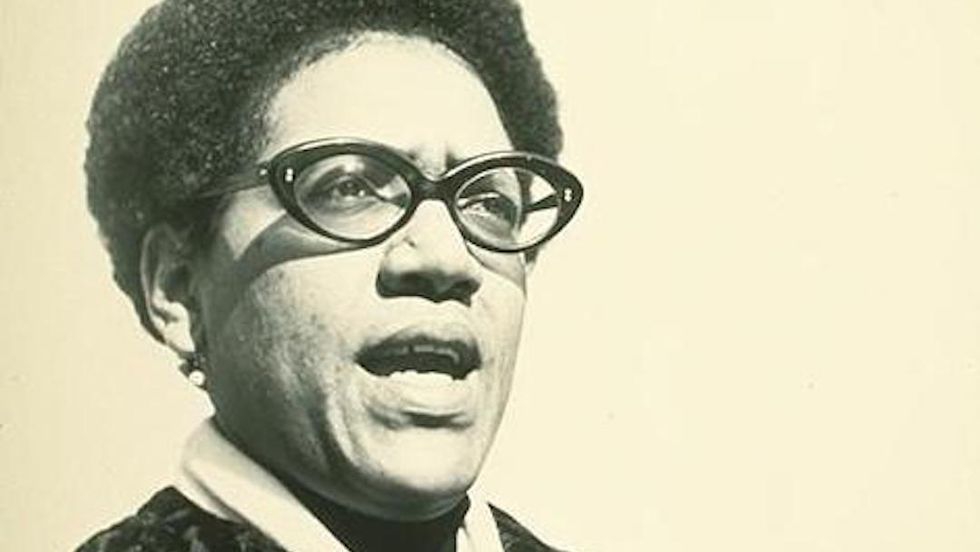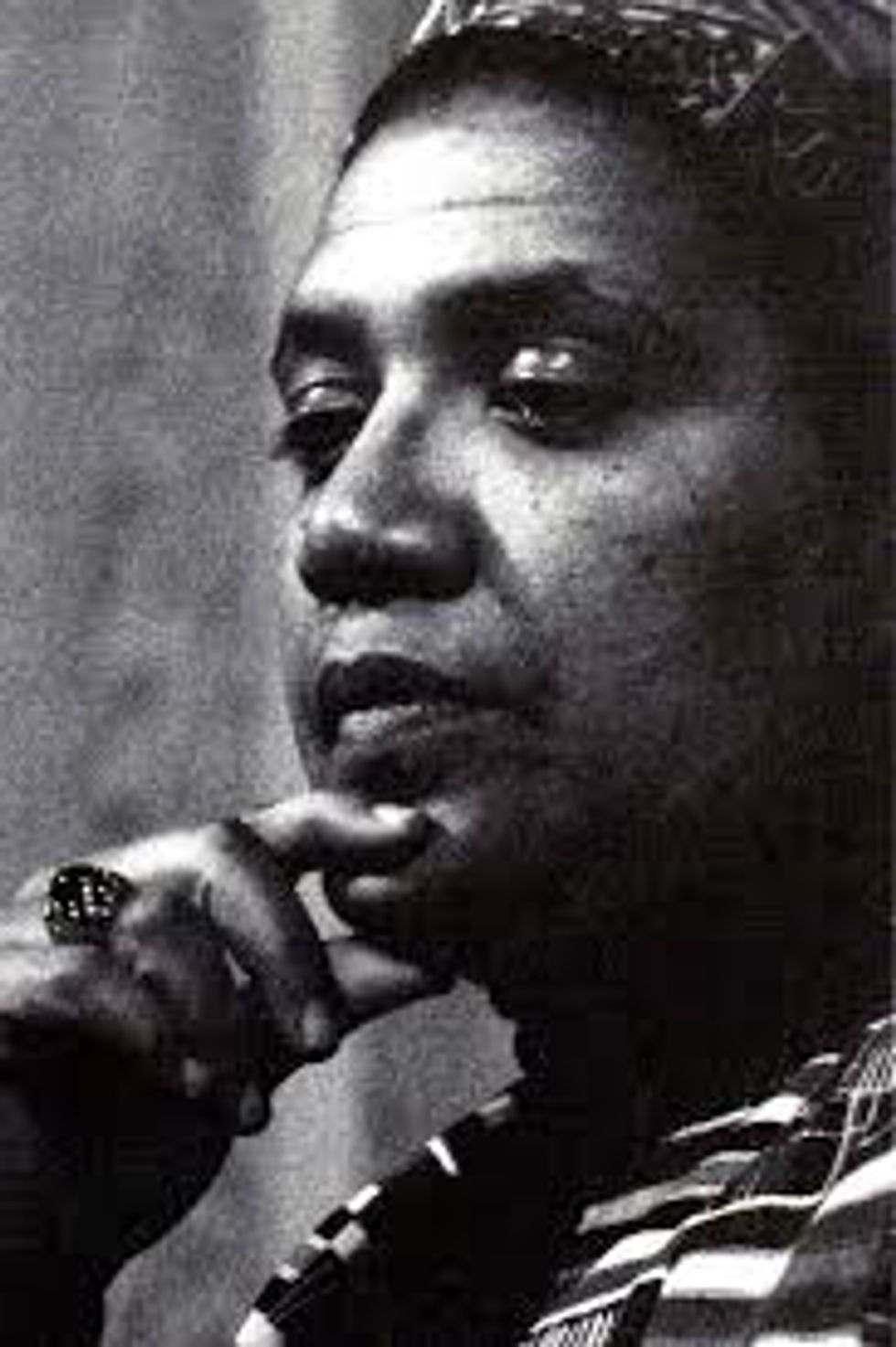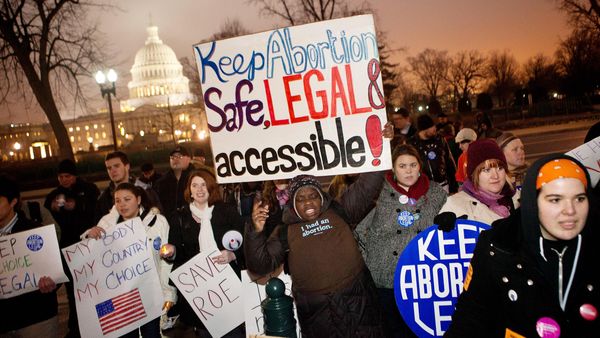Feminism: the theory of the political, economic, and social equality of the sexes
In the very first edition of Fierce Feminist of The Week, I want to take a moment and thank all the people who came before me that fought for the rights that I have today. This series is dedicated to you.
"When we speak we are afraid our words will not be heard or welcomed. But when we are silent, we are still afraid. So it is better to speak." — Audre Lorde
If you’ve never heard of Audre Lorde, well buckle up babies. This woman was a poetic powerhouse. As a black and queer woman, Audre Lorde fought for the rights of oppressed people across every spectrum through her poetry and activism.
Throughout her life, Lorde acknowledged the existence of intersectionality within the self and strove to illuminate that in others. She was an active mainstay in the gay culture of Greenwich Village in New York City and the civil rights, anti-war, and feminist movements.
The effect Lorde’s words had on people was far-reaching and profound. She was published internationally and won several awards for her work. Lorde strived to reach across communities and connect with people.
Labels were binding and limiting for Lorde and she struggled with this most of her life. She brought together many different aspects of her character and forced people to see her for what she was: a Black feminist.
“When I say I am a Black feminist, I mean I recognize that my power as well as my primary oppressions come as a result of my Blackness as well as my womanness, and therefore my struggles on both these fronts are inseparable.” Lorde once said.
Lorde spoke for intersectionality's power in molding the individual when silence on that front was the status quo. Her work examines and illuminates several different aspects of society, including racism, ageism, sexism, and poverty. She celebrated her blackness and applauded her sexuality in many of her works.
Lorde once declared, “I am not free while any woman is unfree, even when her shackles are very different from my own.” This spoke for everything Lorde stood for as a feminist. Her political fervor came from the need she felt to liberate those, through her writing, whose oppression was both similar and different from hers.
Shortly before her death, Lorde changed her name in an African naming ceremony to Gambda Adisa, which translates to Warrior: She Who Makes Her Meaning Known. In this final act of defining herself, Lorde left us with the unshakeable assurance that personal meaning comes from within and finding yourself demands to accept every aspect of who you are.
This “black feminist lesbian mother poet” shaped the face of poetic activism through her exploration of love, fear, sexual and racial oppression and personal bravery in her many works.




















